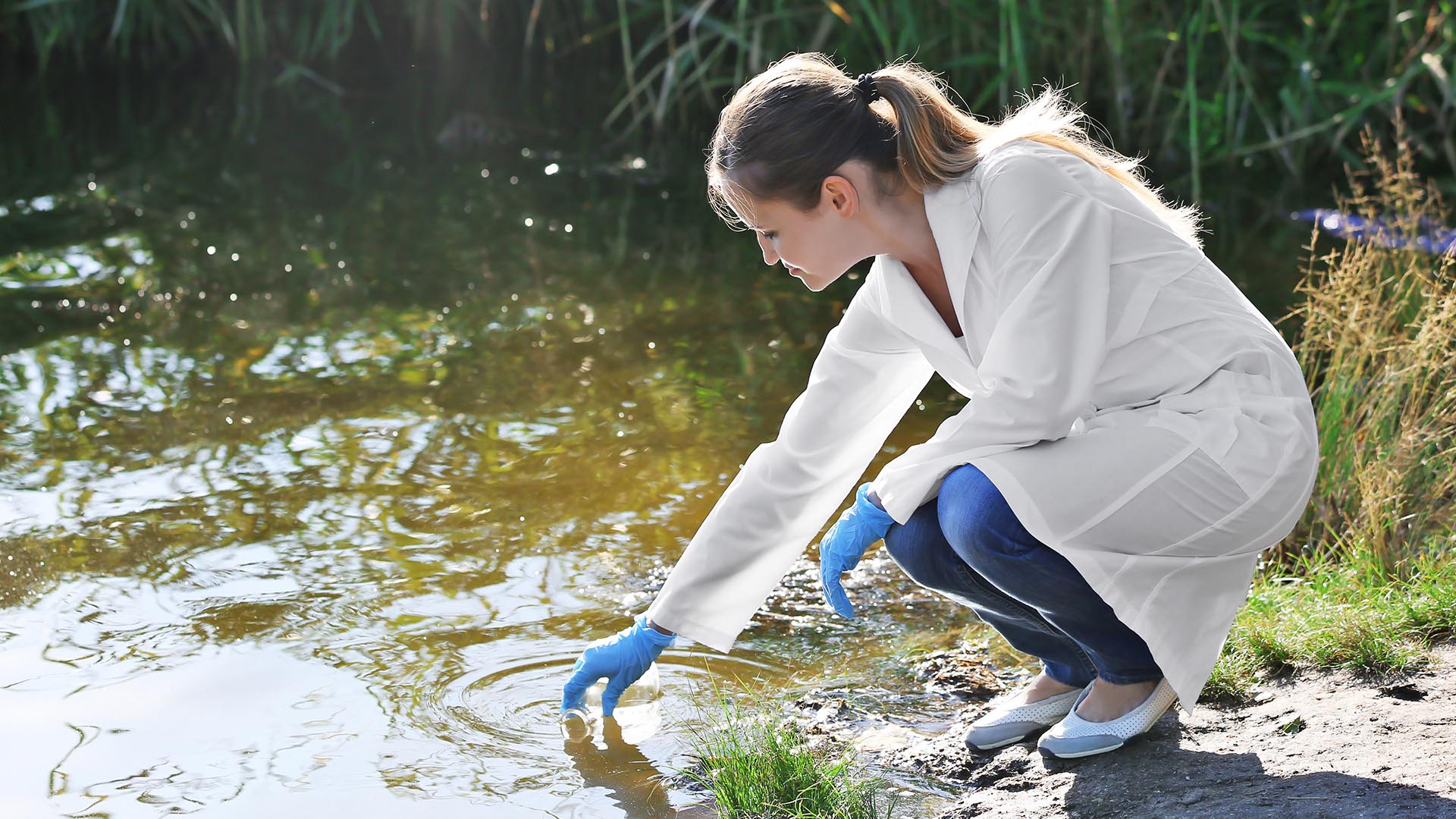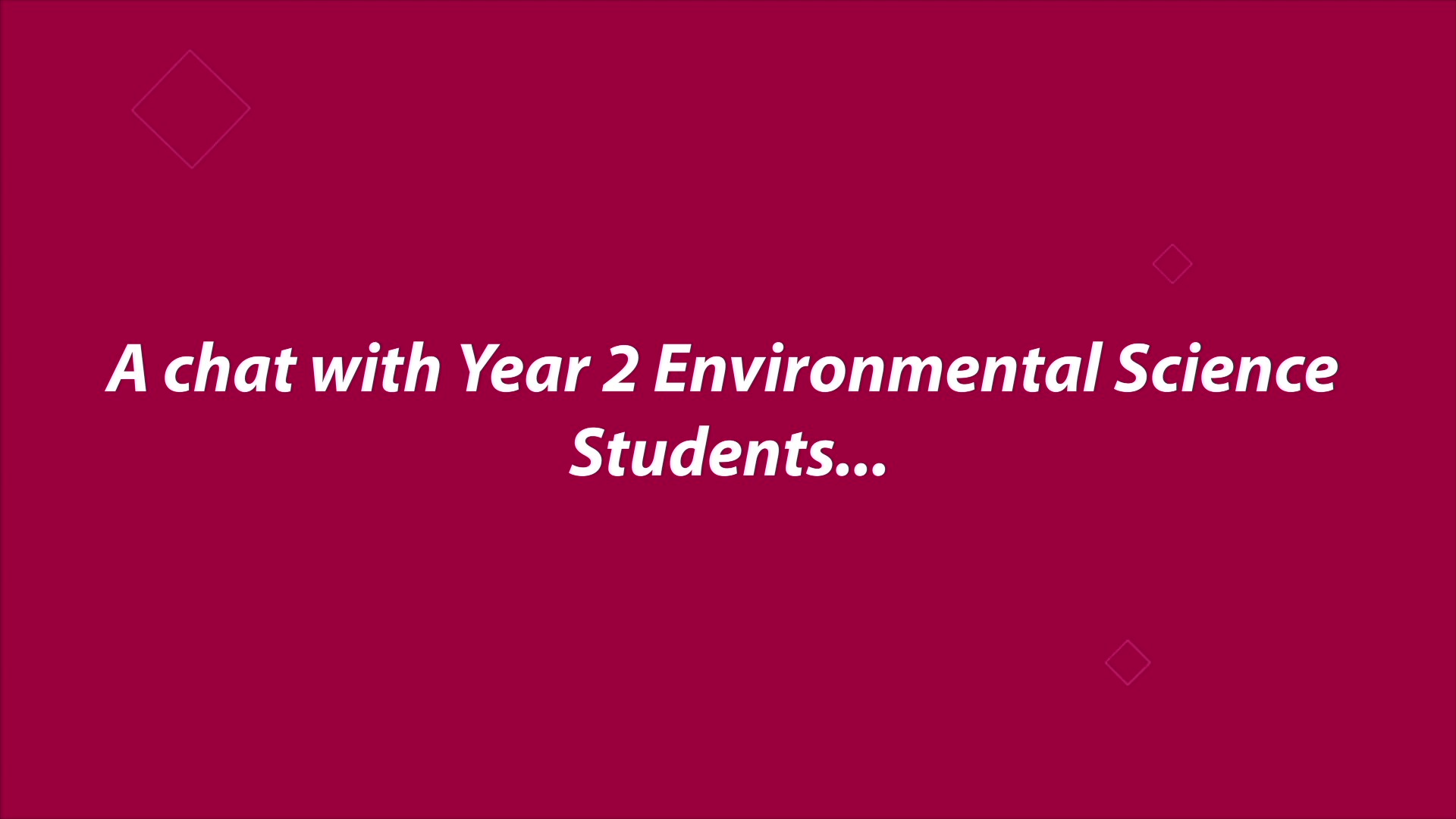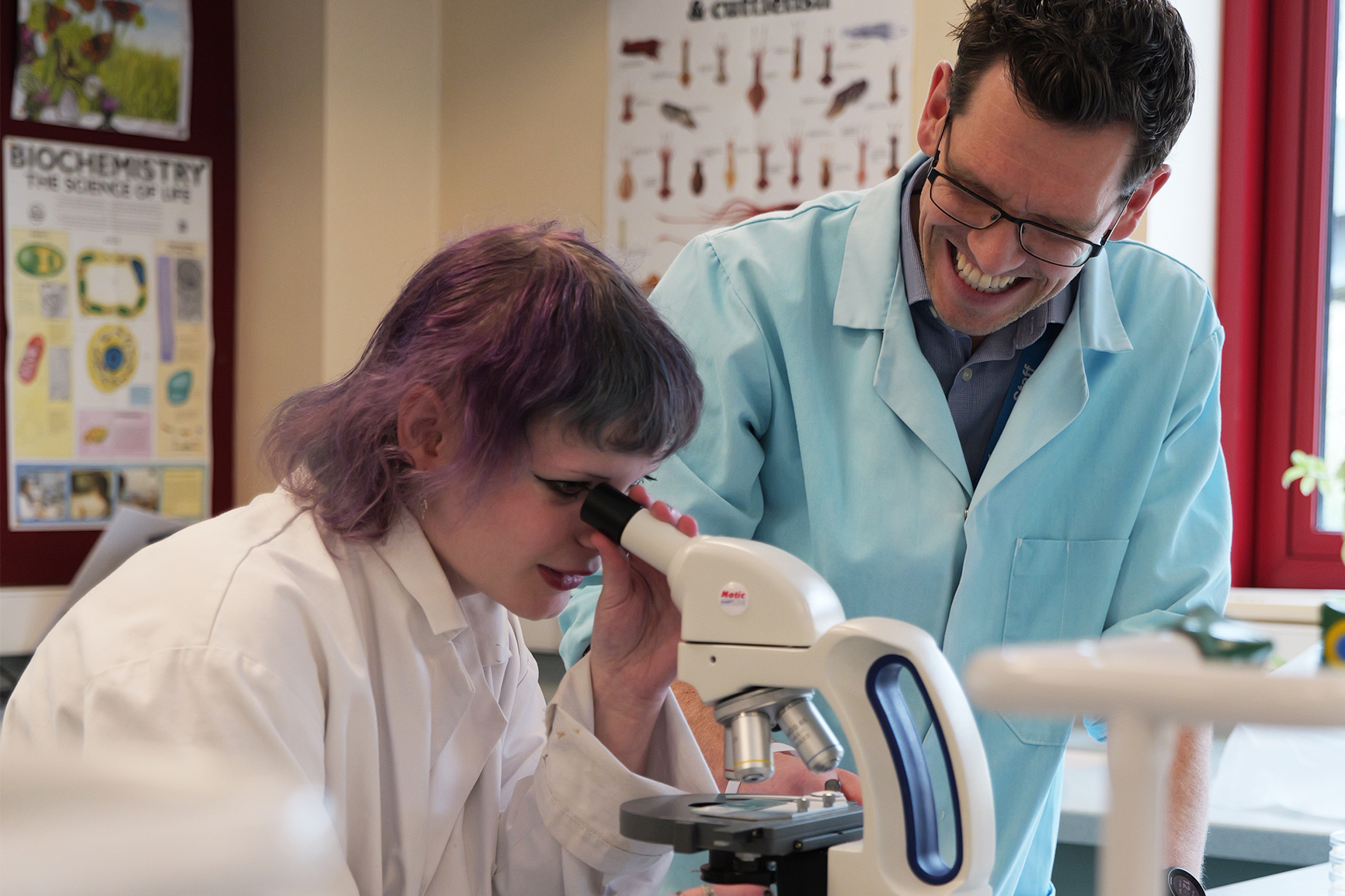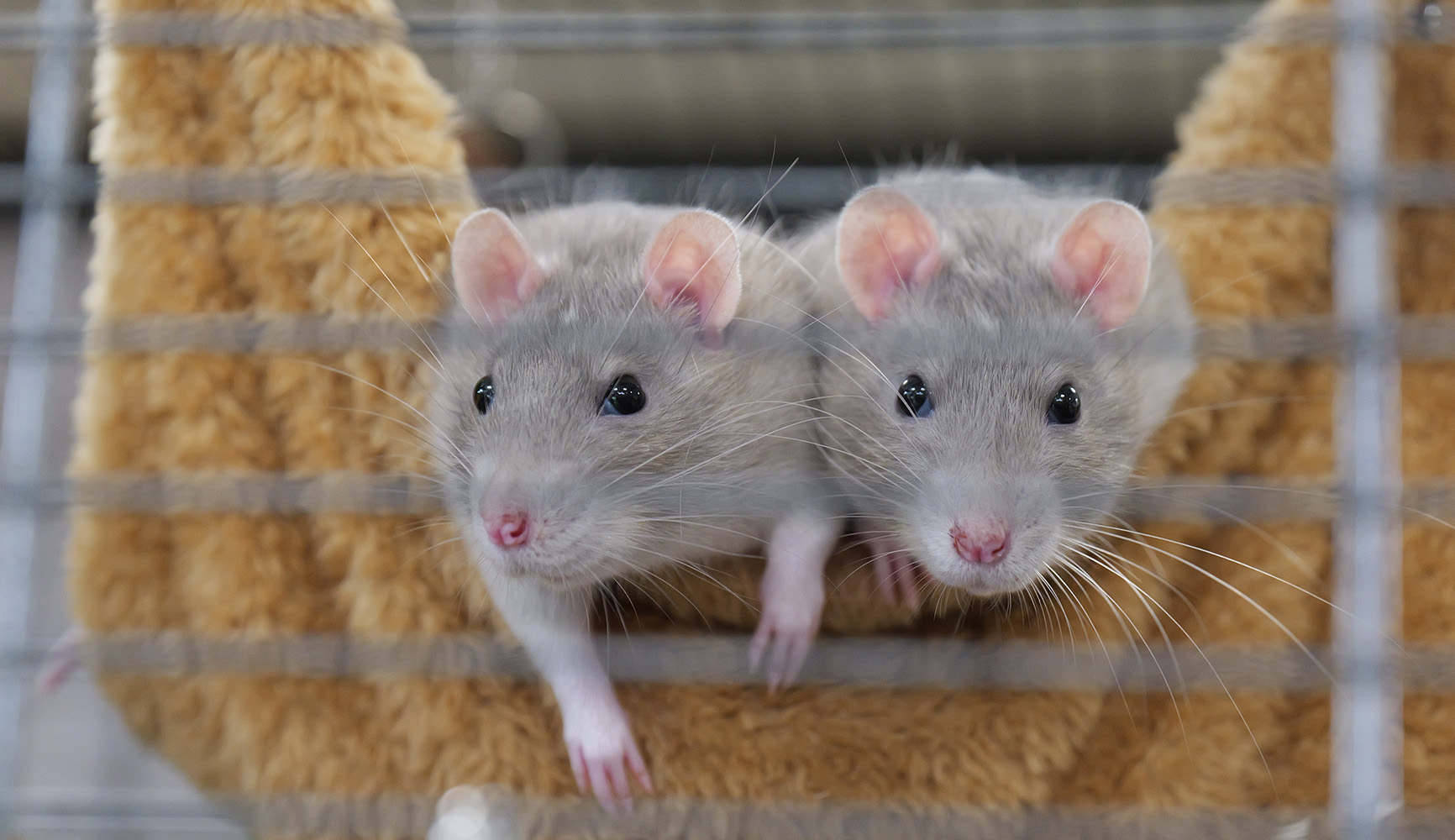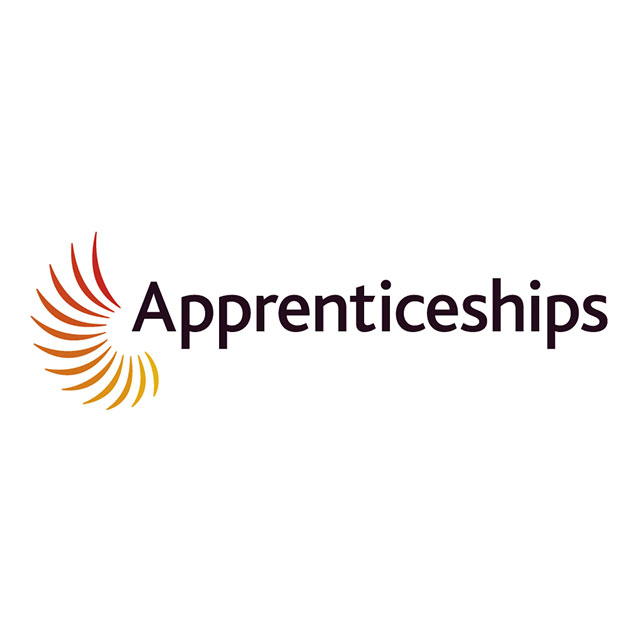DO NOT DELETE OR EDIT THIS ROW OR ITS CONTENTS

Environmental Science A-level provides students with a comprehensive understanding of environmental issues, challenges, and solutions. To express and convey your passion for the environment and conservation by backing up your beliefs and ideologies through sound scientific understanding of the bigger planetary processes. If you want to save the world, you need to know how it works. Excellent opportunity to study a wide range of topics including the living and physical environment, energy resources, pollution, biological resources and sustainability.
What will I study in Environmental Science A-level?
This course is for anyone interested in getting beyond the headlines about environmental issues and discovering the science behind the stories. You will look at how our environment works and how we manage and conserve our vital resources. Themes include:
1. The living environment:
- What is Biodiversity?
- Why are we experiencing biodiversity loss?
- What can we do as society to conserve biodiversity?
2. The physical environment
- A look at the earth's interconnected systems – water, rocks & the atmosphere
3. Energy resources
- How have we powered human activity in the past and how we are going to fuel it in the future?
- New technology which might facilities greener energy
4. Pollution
- What is pollution?
- Are some forms of pollution worse than other?
- If so why? What can we do about them?
5. Biological resources
-Where do we get our food from?
- What is the impact it is having on our planet and can we improve it?
6. Sustainability
- What is the circular economy?
- Could the circular economy principles make human lifestyles more sustainable?
7. Research methods
-How to be scientific
-Practical skills
Entry Requirements
5+ GCSEs at Grade 4 or above, all from the core subjects, including English Language and Grade 5 in Maths plus an Average GCSE score of Grade 5.
How will I learn?
You will be initially introduced to the course through a series of classic case studies and concepts that are at the heart of environmental conservation. This learning is generally building on their previous GCSE or wider knowledge and therefore provides an opportunity for you to develop your transferable skills such are independent research, fact file building and presentation skills.
From this point onward, the course focuses on the scientific processes that cause the environmental changes that we are witnessing. This will involve building and applying your GCSE sciences and math knowledge to real life setting. These skills are key for taking knowledge learnt in one area and then applying it to a similar field. During this phase of the course you will develop the skills which will help you in higher education or in the environmental field of work. You will need to read, digest and refine scientific papers and work to suit your needs. Flipped learning is used to hone your application skill with the support of your lecturers.
The course also focuses on the practical aspect of the subject by providing the skills necessary to undertake a scientific investigation and analyse the results. This is done through theory sessions, practical sessions and lab-based practise. As a student you will take part in field work and work alongside local conservation groups in order to gain the experience and learn what is really involved with on the ground conservation.
How will I be assessed?
In A-Level Environmental Science, students will be assessed through both formative and summative methods.
Formative assessments take place regularly in class and are designed to monitor students’ understanding and progress. These include topic tests, typically lasting 40 minutes, which assess knowledge and application of recently covered content. Short quizzes are also used to reinforce key concepts and identify areas for review. In addition, class discussions allow students to explore ideas more deeply, develop critical thinking skills, and articulate their understanding verbally.
Summative assessment is conducted through two external AQA examinations at the end of the course. Paper 1 and Paper 2 are each three hours long and contribute 50% each to the final A-Level grade. These written exams test students’ knowledge across the full breadth of the specification, including scientific concepts, data analysis, and evaluative skills.
Any trips?
In the first year there are two trips.
1. City Bank / river Churn.
One key activity will be a freshwater invertebrate study, where students will sample aquatic organisms to assess water quality and biodiversity. This hands-on experience helps students apply theoretical knowledge about indicator species and freshwater ecosystems in a real-world context. In addition to the river study, students will use sweep nets in areas of long grass to collect and identify terrestrial invertebrates. This activity supports the development of fieldwork skills, including sampling techniques, data recording, and species identification, which are essential for understanding ecological relationships and environmental monitoring.
2. Royal Agricultural University
Students will have the opportunity to take part in two practical sessions at the Royal Agricultural University, led by university lecturers. One practical will investigate biodiversity levels in managed versus unmanaged grassland, comparing ‘No-Mow’ areas to regularly mown sections to assess the impact of land management on species diversity. The second session focuses on the ecological importance of hedgerows, teaching students how to assess hedgerow health and structure in the field. Through hands-on data collection and analysis, students will gain valuable insight into habitat management and the role of field surveys in environmental monitoring.
There is also an optional International trip to Tenerife that runs every year in the summer term- this has an additional cost of between (£400 -£600). This is an Earth Sciences trip so open to Geographers and Geologists as well.
Aside from these trips there are plenty of in class practical making the most of the green spaces and woodlands around us.
Are there any costs involved?
You should expect some small costs for course booklets and past paper packs in Year 2 - around £2 pound per booklet.
If you choose to take the overseas trip there will also be costs involved with this ( £400 - £600).
Device Requirements
MacBook (8GB RAM minimum | M2 or above)
or
Windows laptop (8GB RAM minimum | Ryzen 3 or Intel i3 12th Gen or above)
If you already own a device that meets the technical requirements of your course, you are welcome to bring it with you to college.
If not, more information on a convenient rental and help-to-buy scheme designed specifically for Cirencester College students is linked below.
FAQs
Yes, this is a major part of the course with the material having an expected working knowledge of a minimum of grade 5 in GCSE maths. Exam questions in ES are similar to those found other A level sciences, such as Biology, and can be difficult to interpret. This course is for people who like science!
This course goes very well with Geology and Geography. Other good choices are Biology, Chemistry, Physics and Maths
Yes. If you are intending to take a science degree, it is often the case that two A-Level sciences are required and Environmental Science is accepted.
It is a misconception that Environmental Science will involve a vast amount of outdoors activity and fieldwork. Although there may be an allocated week of fieldwork to put the theory into practice, the course is largely theory based.
Awarding Body
AQA
Available As
[56 UCAS pts. available]

Add to Application
What can I do after I have taken this course?
Available As
[56 UCAS pts. available]

Add to Application

DO NOT DELETE OR EDIT THIS ROW OR ITS CONTENTS
What the students say

”In Environmental Science I enjoy learning about the planet we live in, our impact on it and how much we rely on it. I’ve also improved my ability to write longanswer essay-style questions.
Finlay


